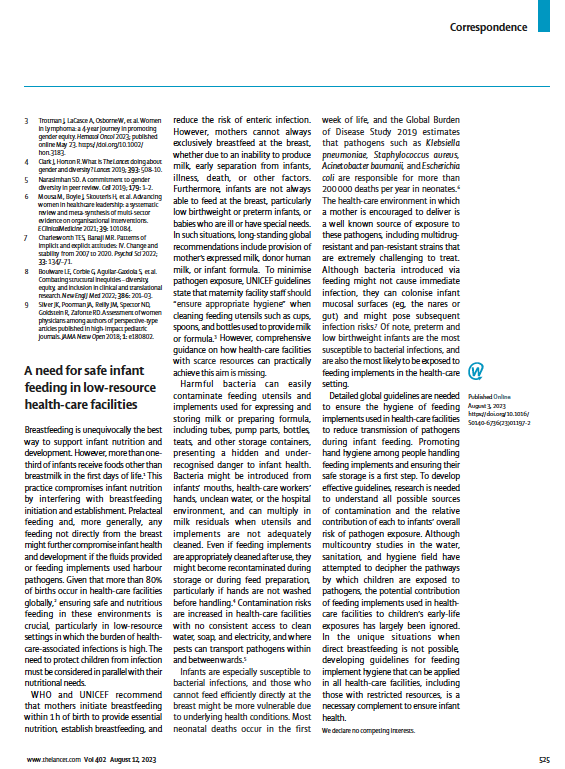Are we training our students to be white saviours in global health?
In 2012, the Nigerian-American writer and artist Teju Cole called out the culture of white saviourism in the USA and introduced the concept of the White Saviour Industrial Complex (WSIC). The make-up of global health education perpetuates and feeds into the WSIC, with universities in high-income countries (HICs) accounting for a major share of global health programmes. Global health education is in certain respects a growth industry of whiteness that promotes justice only on paper and remains rooted in harmful colonial worldviews. Cole noted that the WSIC is “not about justice”, rather “it is about a big emotional experience that validates privilege”. This reflection applies to how global health is taught, including by us as educators based in Canada, irrespective of our roots and citizenship in Sri Lanka, Rwanda, Mexico, and India. Those who work in global health in HICs benefit from an imbalance of power that maintains the white supremacist status quo, and consequently an entrenched divide in global health. As global health educators we are then compelled to ask: are we training students to be “white saviours”, irrespective of their ethnicity or country of origin, and how can global health education be reconfigured?
Members and SHERPA Teams
Ananya Banerjee
Assistant Professor, Department of Epidemiology, Biostatistics and Occupation Health, McGill University

